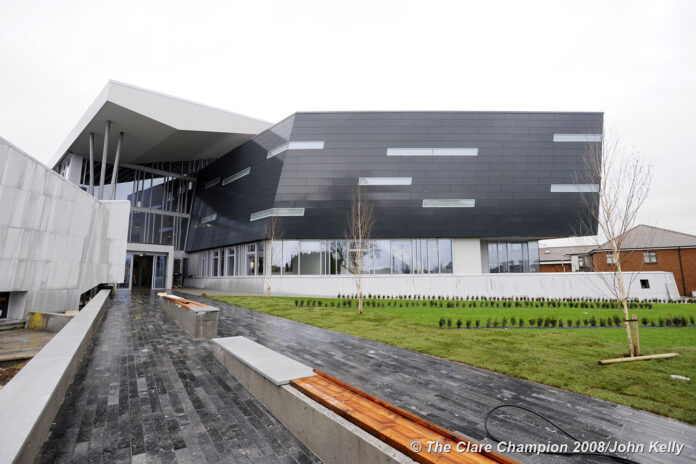THE Office of the Planning Regulator (OPR) has moved to clarify its role in the creation of the forthcoming Clare County Development Plan for 2023 to 2029, writes Fiona McGarry.
It follows criticism at a recent meeting of the council’s Rural Development committee where concern was expressed about outside influence on the local planning process.
A number of elected representatives expressed concern over the implications of national policy, including the National Planning Framework and the Rural Spatial and Economic Strategy (RSES).
All plans created at local authority level must take account of their guidelines. Particular alarm was expressed about the geographical distribution of 4,5000 new housing units permitted under
the lifetime of the plan, given that they will largely be located on serviced lands in urban areas.
In response, the OPR said its aim is to work with Clare County Council to ensure the new plan is consistent with Government policy. In a statement to The Champion, the OPR explained its role and history since it was set up in 2019, on foot of the findings of The Mahon Tribunal.
“The OPR does not set planning policy which is the job of the Minister and government. Nor does the OPR determine local authority development plans. This is reserved function for local authority members only. One of the principal jobs of the OPR is to ensure that policy set by the Government and regional assemblies is appropriately reflected and applied at local level in statutory plans, such as county development plans.”
“Over recent years, issues such as the housing crisis, climate change, flood risk, rural development and others have led to Government putting in place clear national policies to support a consistent and high standard of planning policies across the country.
“The National Planning Framework (NPF), Ireland’s overarching policy and planning framework, also fully supports the concept of the sustainable development of rural areas by encouraging growth and arresting decline in areas that have experienced low population growth or decline in recent decades.”
The statement from the OPR also discussed the manner in which it engages with local authorities, saying that its aim is to work constructively with all of them, including Clare County Council.
“The OPR works proactively with local authorities, who also work very hard in the deliberations on their plans, to help secure the best outcomes for communities and to ensure broad consistency with general planning policies,” the statement said.
“Since our inception, we have made approximately 400 recommendations on local authority plans. The vast majority of these have been accepted which points to the achievement of better planning outcomes. This means that ultimately, the development plans councillors adopt, across the 31 local authorities, work together to collectively address pressing societal, economic and environmental issues in the public interest.
“The OPR is committed to working with Clare County Council to ensure that its future development plan will be consistent with government policy to enable Clare to continue to develop in a way that creates vibrant communities, protects the environment and supports sustainable growth.”
Meanwhile, the public consultation on Clare’s draft plan continues, with submissions being accepted until March 28 at 4pm. After that closing date, a Chief Executive’s report will be compiled. That will be considered by elected members and further amendments are likely at that point.

